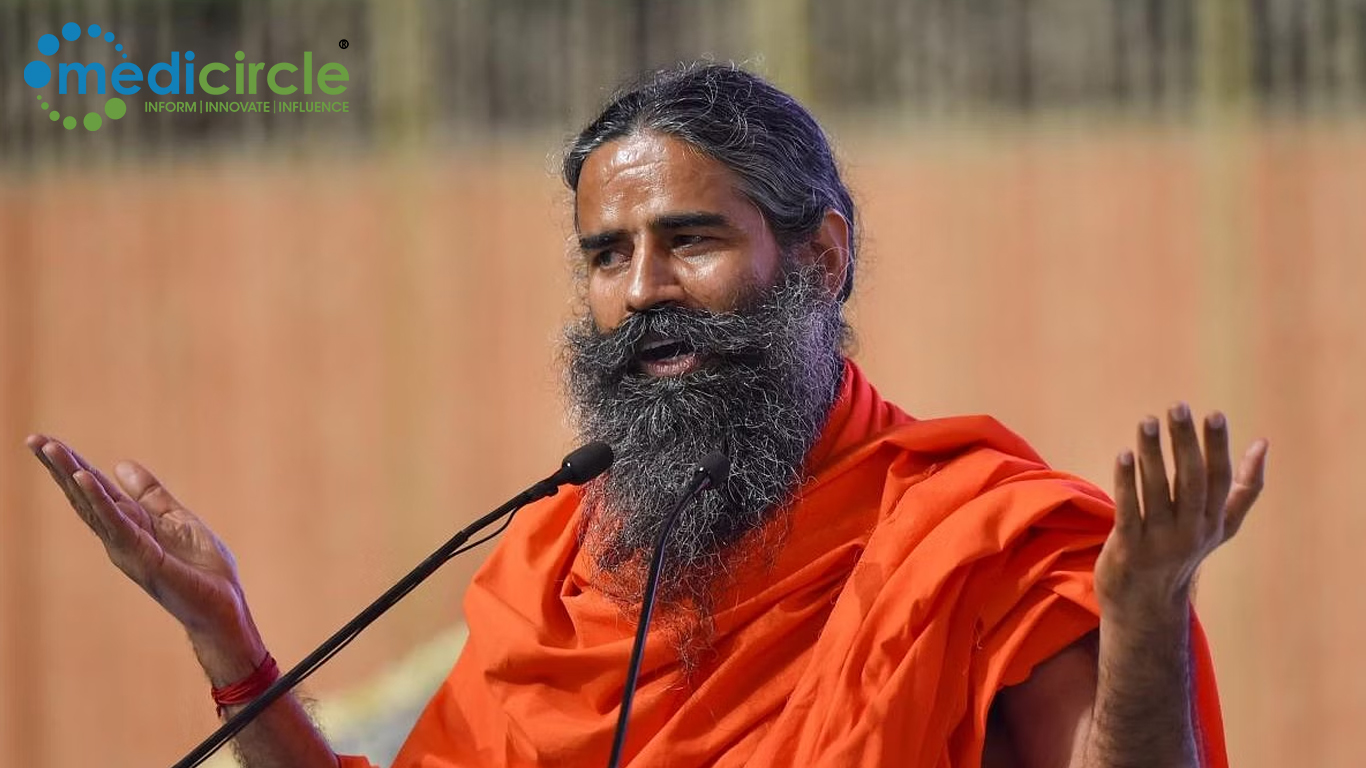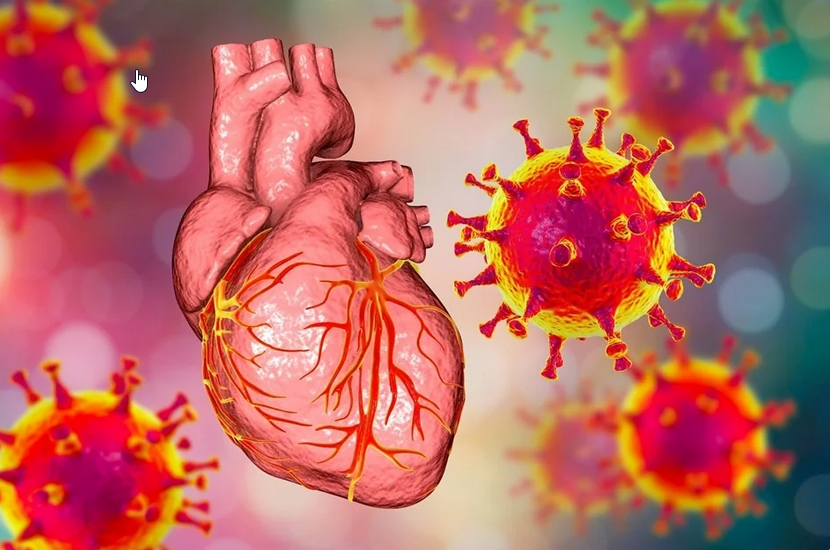Many of us start our day with a cup of coffee, a quick breakfast, and perhaps a glance at the news or social media, but we often overlook a critical aspect of our daily routine: proper oral hygiene. What if neglecting this simple task could dramatically increase your risk of developing cancer?
A study by US scientists has unveiled a link between poor oral hygiene and a heightened risk of cancer, particularly head and neck squamous cell carcinomas. These findings, published in JAMA Oncology, have illuminated the direct connection between gum disease-causing bacteria and these aggressive cancers. The study also draws parallels between poor oral care and other serious health conditions like diabetes and high blood pressure.
As more data emerges about the relationship between the bacteria in our mouths and various diseases, it becomes increasingly clear that oral health is far more important than we previously thought. Beyond preventing cavities or bad breath, maintaining oral hygiene could very well be a key factor in protecting your long-term health and preventing life-threatening diseases.
The Surprising Cancer Connection to Oral Hygiene: The research, headed by Professor Richard Hayes from New York University (NYU), focuses on head and neck squamous cell carcinomas (HNSCC). These cancers affect areas like the mouth, nose, and throat, and they are primarily linked to the presence of harmful bacteria that thrive in the oral cavity. These same bacteria are also responsible for gum disease, suggesting that failing to properly brush or floss your teeth doesn't just result in dental issues, but can also create an environment ripe for cancer development.
According to the study, individuals with poor oral hygiene habits are more likely to develop these specific types of cancers due to the overgrowth of harmful bacteria in the mouth. While many people understand that gum disease can lead to tooth loss or bad breath, the idea that it could also increase the risk of cancer is still relatively new to the general public. This study highlights why it's so important to keep up with daily brushing and flossing routines.
Professor Hayes emphasized the importance of proper oral hygiene, stating, “Brushing and flossing may not only help prevent periodontal disease but also protect against head and neck cancer.” His words echo the sentiment that good oral care is not just about preventing cavities but is an integral part of overall health maintenance.
Is Oral Cancer in India A Growing Concern: While this research took place in the United States, its findings are particularly relevant to countries like India, where the rate of oral cancer is among the highest in the world. According to data from GLOBOCAN 2020, India is predicted to see a staggering 2.1 million new cancer cases by 2040—a 57.5% increase from 2020. A significant portion of these cases will be oral cavity cancers, with the widespread use of tobacco being a primary contributor.
Tobacco use in India accounts for 80-90% of oral cancer cases, but poor oral hygiene is another contributing factor. In a country where access to dental care is limited for many, the risks associated with inadequate oral hygiene are compounded.
India's high burden of oral cancer makes it all the more urgent to address factors beyond just tobacco use. Educating the public on the importance of regular dental care and its broader implications on health could help in the fight against this growing epidemic.
The symptoms of head and neck squamous cell carcinomas (HNSCC) can often be subtle and easily mistaken for less serious conditions. This is why many cases go undiagnosed until the later stages when treatment becomes more difficult. Common symptoms include:
- Swelling or lumps in the neck or jaw
- Persistent sore throat or hoarseness
- Difficulty swallowing or breathing
- Unexplained weight loss
- Persistent ear pain or ringing
- Numbness in the face or neck
- Chronic bad breath or bleeding in the mouth
Unfortunately, the subtlety of these symptoms means that individuals often dismiss them, assuming they’re caused by something minor. However, catching these signs early can dramatically improve outcomes, which is why regular dental check-ups are essential for maintaining both oral and overall health.
The Role of Bacteria in Cancer Development: One of the most groundbreaking aspects of this study was the identification of 13 specific bacteria that are linked to an increased risk of cancer. Researchers collected saliva samples from over 160,000 people and analyzed the microbial content. After 15 years of follow-up, they found that 236 participants had developed head and neck cancer. Comparing the oral microbes of those with cancer to participants who remained cancer-free, the researchers discovered that certain bacteria significantly raised the cancer risk by as much as 50% in some cases.
This discovery opens up new possibilities for early detection and prevention. By identifying high-risk bacteria, scientists could develop new diagnostic tools that assess a person’s cancer risk based on their oral microbiome. This could also lead the way for more targeted prevention strategies, such as probiotic treatments designed to balance the bacteria in the mouth.
Co-author of the study, Dr. Richard Hayes, remarked, “Identifying these bacteria is a crucial step toward understanding how they contribute to the disease and creating strategies to intervene.”
While this study shines a spotlight on the specific risks associated with head and neck cancer, it also raises broader questions about how oral health impacts overall well-being. We often underestimate the impact that poor oral hygiene can have on our bodies, but more research is revealing connections to a wide range of diseases, including diabetes, heart disease, and now cancer.
The importance of oral health cannot be overstated. Maintaining a healthy mouth is not just about avoiding cavities or keeping your breath fresh; it's about preventing serious, even life-threatening conditions that could develop silently over time. For example, chronic inflammation in the mouth has been linked to increased risks of heart attacks and strokes, while gum disease has been shown to exacerbate conditions like diabetes.
In the case of cancer, the bacteria in our mouths can interact with cells in ways that promote inflammation and tumor growth, highlighting the need for a more comprehensive approach to health care, one that includes regular dental check-ups as part of a broader strategy for disease prevention.
This new research serves as a wake-up call for everyone to take oral hygiene more seriously. Regular brushing, flossing, and dental check-ups are not just about maintaining a bright smile, they're about preventing diseases that can have life-altering consequences. The link between oral health and head and neck cancers is now clearer than ever, and the evidence points to the need for greater awareness and action.
For individuals living in countries like India, where oral cancer rates are particularly high, this study adds another layer of urgency. While the focus has often been on reducing tobacco use, improving oral hygiene is another critical factor that could significantly reduce cancer rates.
Incorporating good oral care habits into your daily routine is a small but powerful step you can take toward protecting your health. The science is clear: neglecting oral hygiene can have far-reaching consequences, and it’s time we all took it more seriously. So, the next time you reach for your toothbrush, remember—you’re not just preventing cavities, you're potentially protecting yourself from cancer.
.jpg)
 The link between oral health and head and neck cancers is now clearer than ever, and the evidence points to the need for greater awareness and action.
The link between oral health and head and neck cancers is now clearer than ever, and the evidence points to the need for greater awareness and action.






.png)













.jpeg)

.jpeg)










.jpg)




.jpg)

